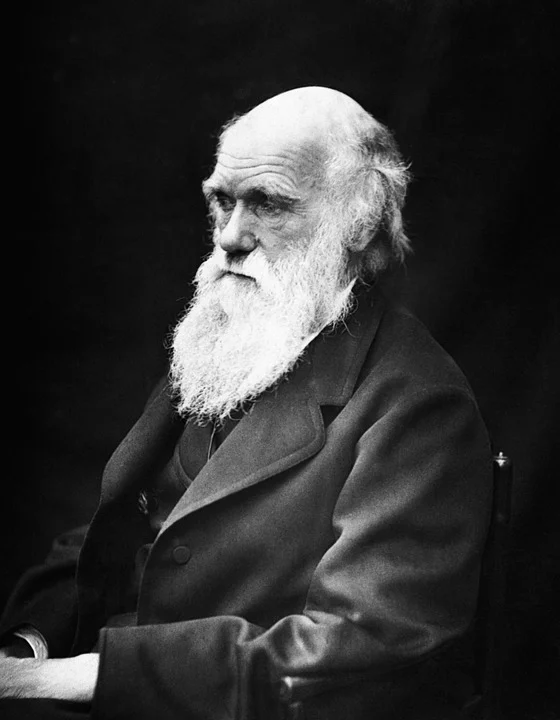
Charles Robert Darwin was the father of evolution. The English naturalist, biologist and geologist may have devoted his lifetime to science, but he was also a romantic, a doting father and possessed a gentle disposition.
Darwin’s journey to being history’s favorite biologist, however, had strange twists and turns. He tried to study medicine, but gave it up to pursue theology at Christ College. Cambridge.
But the study of the divine could not contain his ever inquisitive mind. While in college, he devoured journals and books in botany and geology in his free time. He loved gardening and had a special interest in collecting beetles. He learnt physics and geometry with great enthusiasm and noted down his observations diligently.
Darwin took great delight in William Wordsworth and ST Coleridge’s poetry, claiming to have read Wordsworth’s long poem Excursion twice. His favourite work of literature, however, was Paradise Lost by John Milton, which he carried along with him on his first voyage to South America in 1831 as a scientist in training to assist his mentor, botanist, geologist and priest John Henslow.
He nurtured a habit of writing, too. A meticulous diarist, he kept recording daily events, both scientific and personal. For six years of his life – between 40 and 46 years – he even made notes of his illnesses. He wrote about battling insomnia, restlessness, stomach pain, dizziness, rashes and melancholy among other issues.
He married the love of his life, Emma and had ten children with her. “Children are one of life’s greatest joys,” he wrote to a friend. The cover pages of the original manuscript draft of his iconic work, On The Origin of Species by Means of Natural Selection, contain a number of doodles by his children. While many are caricatures of Darwin himself, one depicts a vegetable war – turnips, carrots, eggplant and more engaged in a fierce battle, while another shows a bright green frog, wearing pink shoes on an outing, carrying a blue umbrella. These drawings have been digitized by the American Museum of Natural History.
It took Darwin 20 years to publish his momentous work, On The Origin of Species by Means of Natural Selection. On November 24, 1859, it appeared in bookstores in England. Priced at 15 shillings a copy, all the 1,250 copies were sold out on that very day. The book is considered to be the foundation of evolutionary biology, a revolutionary work that changed the course of science.
What truly kept Darwin going was his unrelenting passion for the natural world: He took in everything with childlike interest. On his first journey to South America, to study the natural world, he was extremely sea-sick. But he religiously collected birds, plants, skeletons, lizards, fossils and small animals, converting the ship into a museum of specimens.
Picture Credit : Google




